Our partnerships
The Elsevier Foundation contributes over $1 million a year to non-profit organizations and it’s funded by Elsevier, a global information analytics company specializing in science and health. We serve as a catalyst for inclusive research and health partnerships, convening and spotlighting changemakers to accelerate early-stage interventions for systemic change in research and health equity.
Our partnerships actively contribute to the advancement of the United Nations Sustainable Development Goals. We have developed strong relationships with international partners and local communities, and together we co-create interventions in these focus areas:
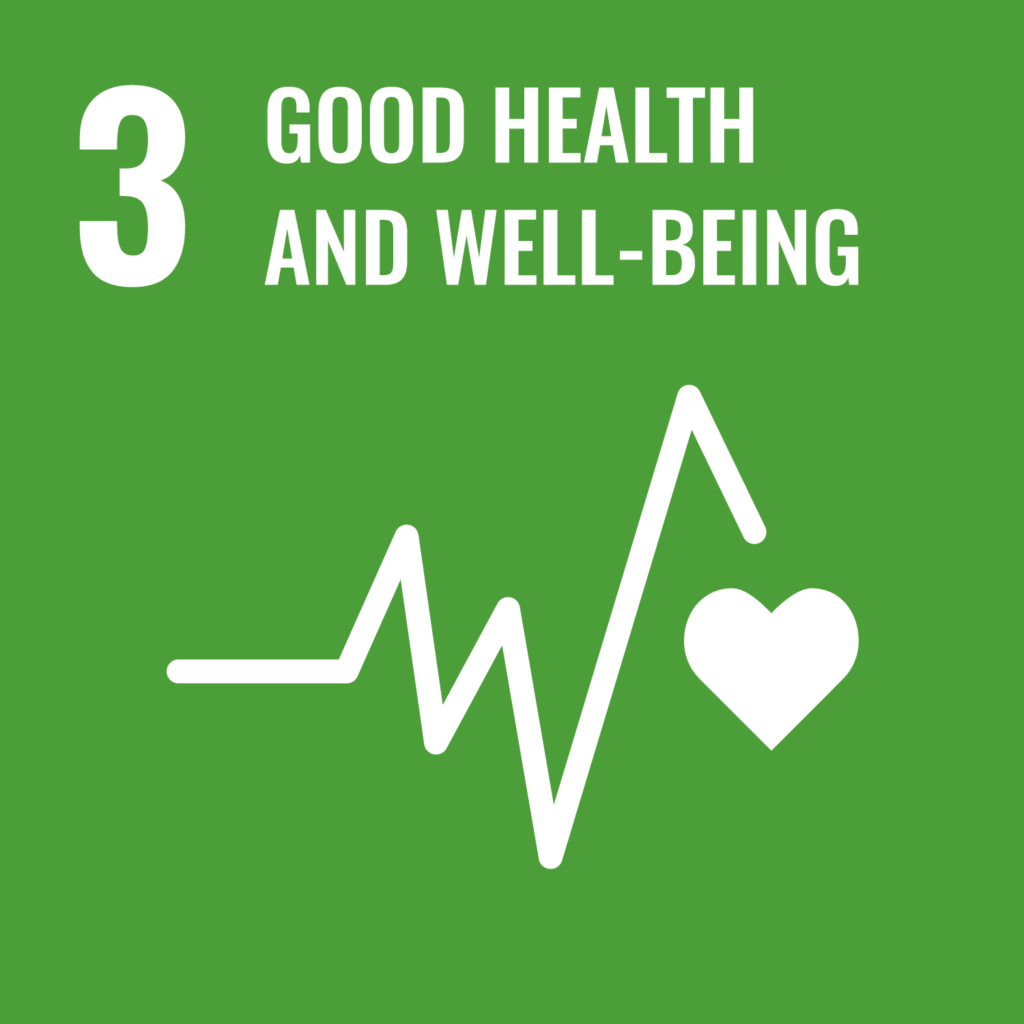
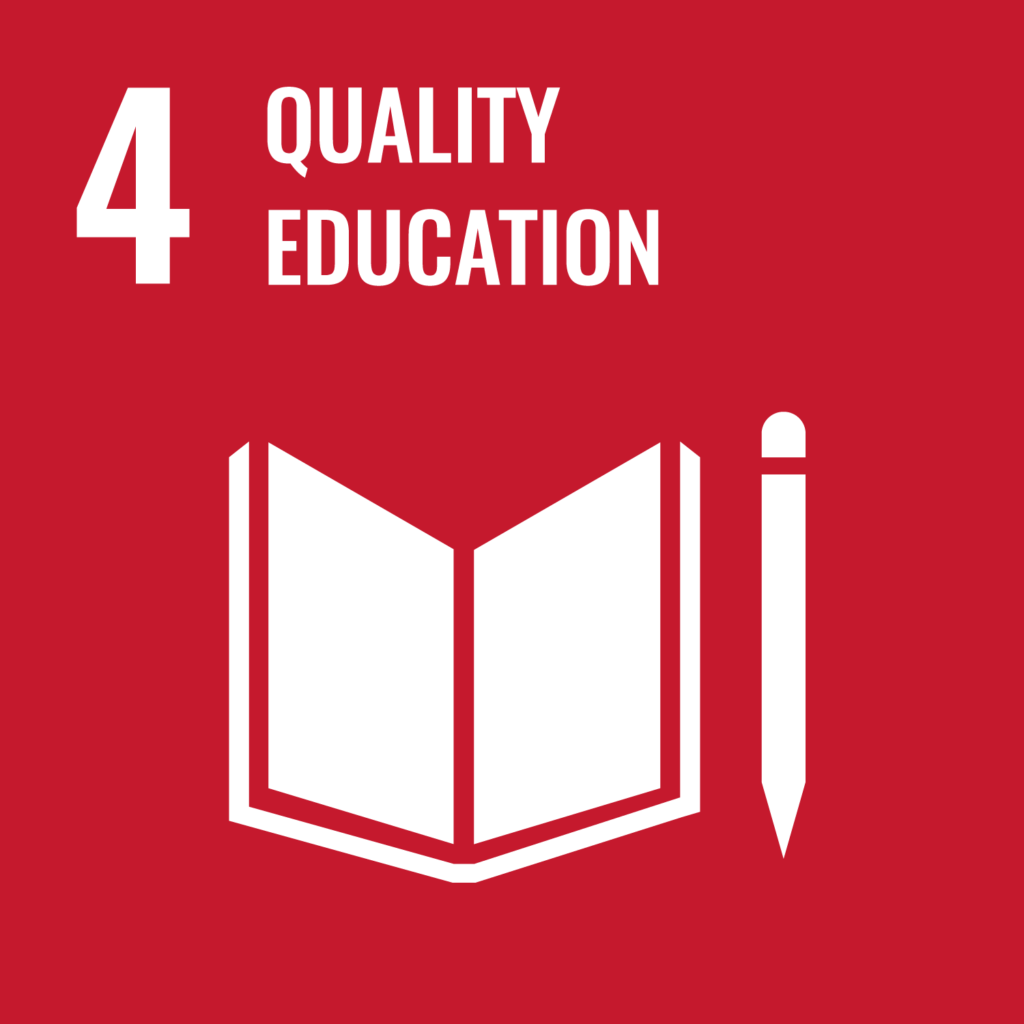
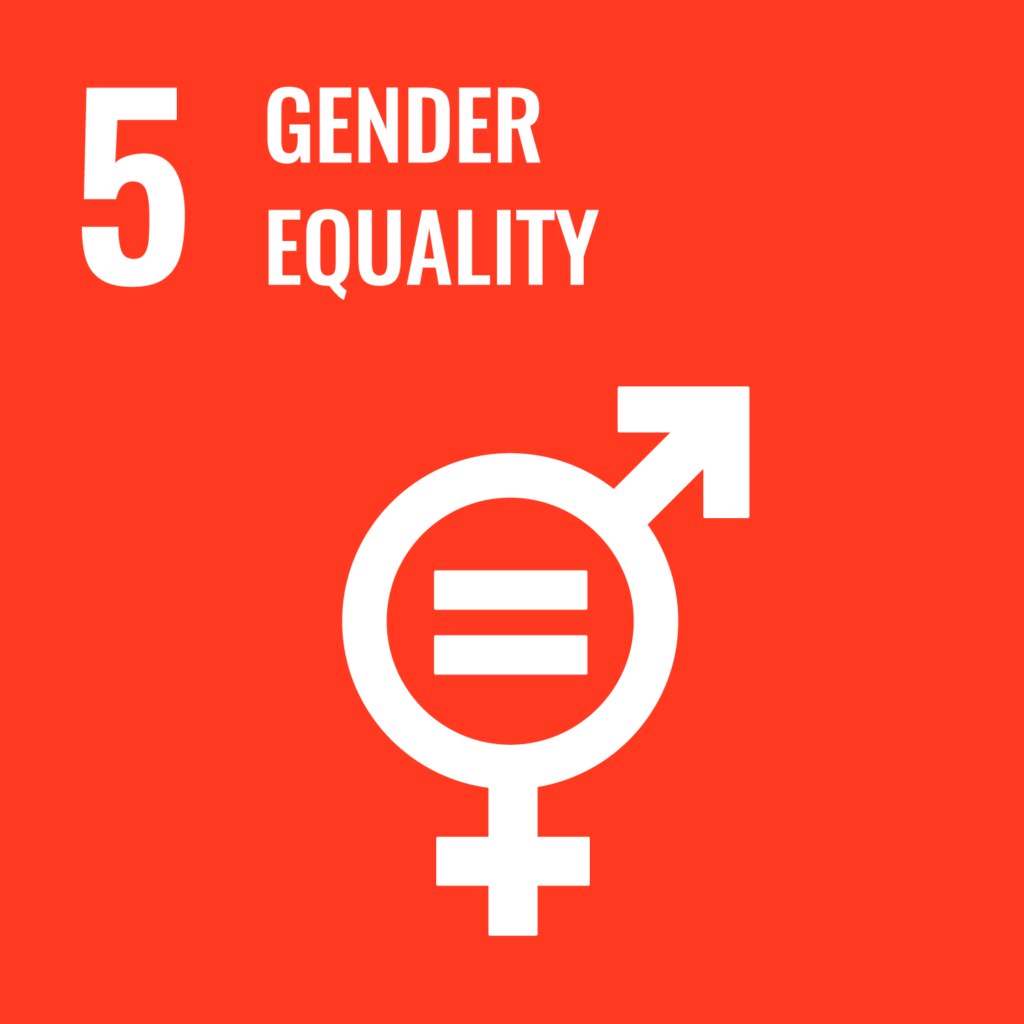
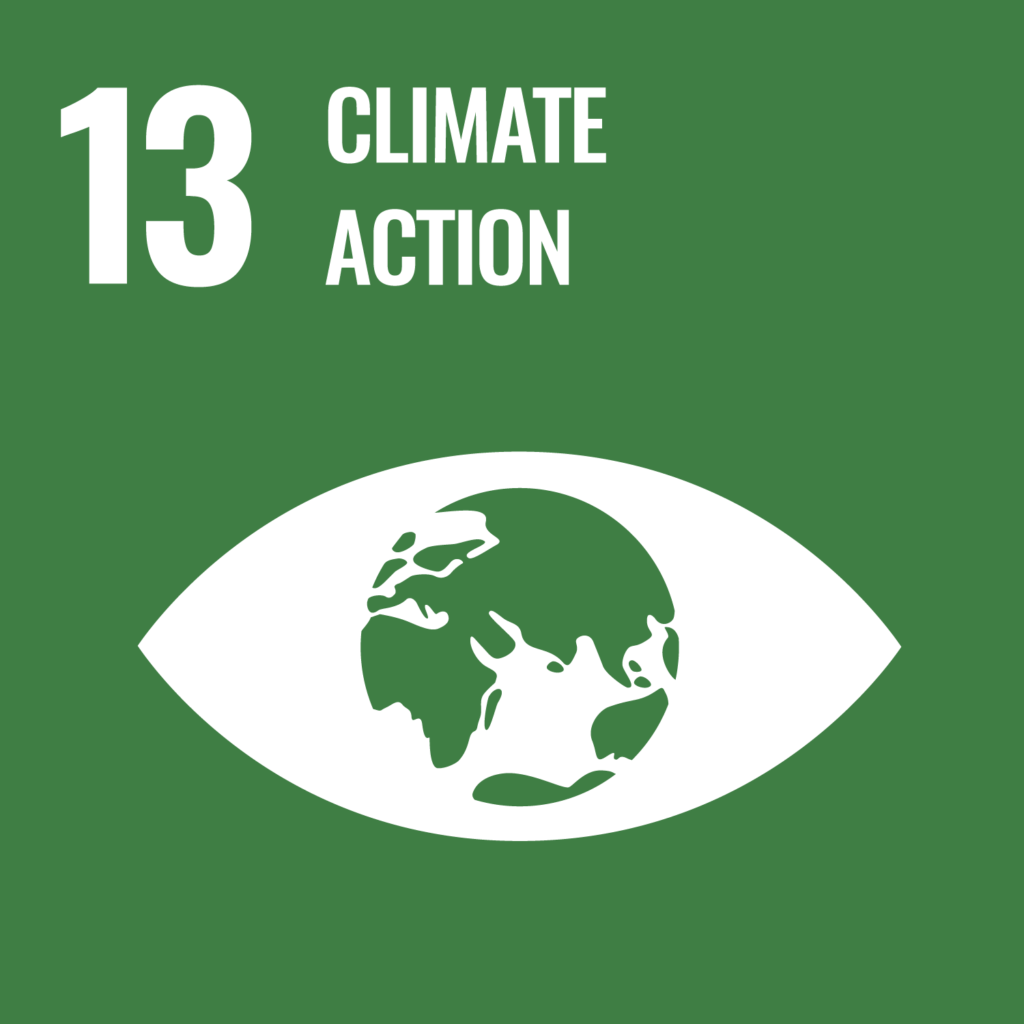
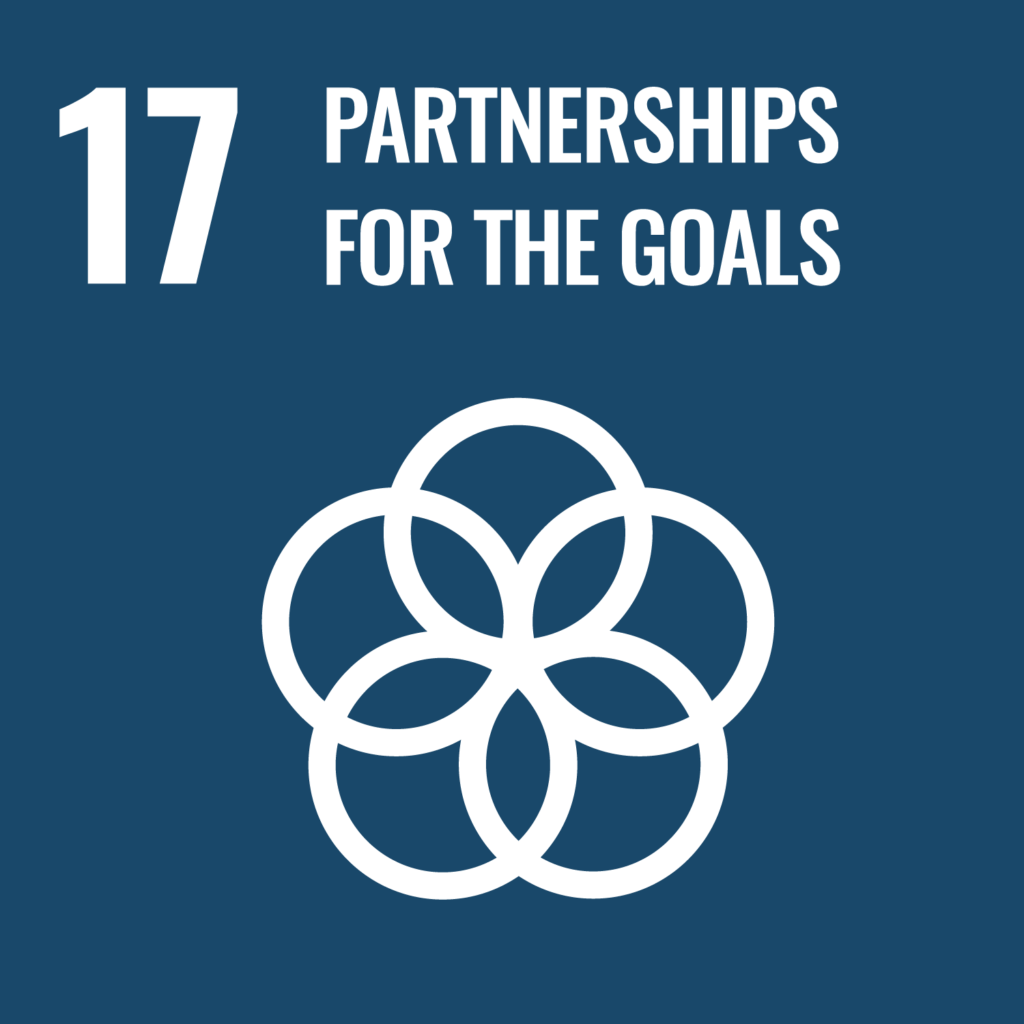
We are part of Elsevier’s corporate responsibility programs. By bringing together our catalyst power, Elsevier’s unique capabilities, and the networks and expertise of the research community, we are committed to making systemic change in inclusive research and healthcare.






















